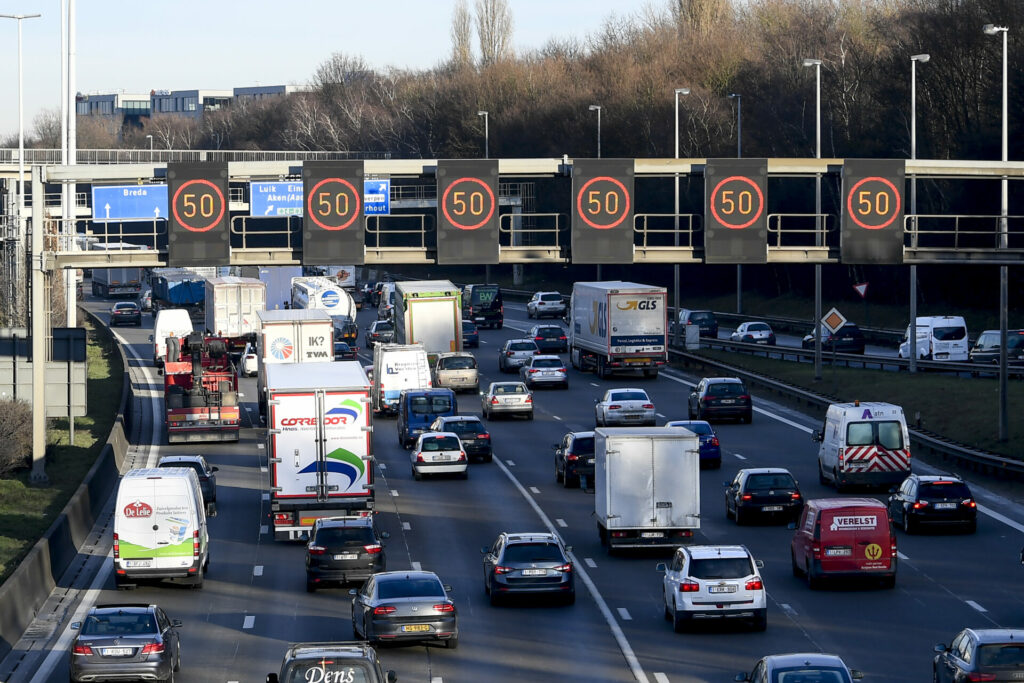Following the success of monthly challenges such as "Veganuary" and "alcohol-free February," a new campaign is now being launched to urge people in Flanders to stop using their cars so often in June, and try out other alternatives to get around.
The campaign, called "30 days, fewer cars" ('30 dagen minder wagen' in Dutch), aims to break people's ingrained and sometimes nonsensical travel habits and present them with more sustainable options for a month.
On average, Flemish people take the car 65% of the time when they leave their house, according to the Department of Mobility and Public Works. In 52% of cases, they even opt for the car for journeys of five kilometres or less. Other figures from the Belgian statistical office Statbel show that almost six million passenger cars were registered in Belgium on 1 August 2021.
"However, these vehicles are stationary 95% of the time," said VUB Mobility Professor Cathy Macharis. "Many people own a car, but there are many advantages associated with cycling, public transport and shared mobility."
Related News
- Popularity of cycling riding high as Brussels Mobility launches new campaign
- Electric car sales boom but need for charging points becomes acute
- New car sales slump in Belgium and Luxembourg
As an ambassador for the campaign, Macharis has already put it to the test herself. Since November 2021, she has put her electric car aside and noticed that she has less stress and walks much more often. She now cycles to work and uses car-sharing solutions.
People who want to take part can register online, and will then receive information about apps related to shared mobility, suggestions about walking routes in their neighbourhood and inspiration for shop visits without a car.
"A nice little extra of using alternative mobility more often is that you can also discover wonderful 'Green Stop' walks between stations, for example, thanks to the TrainTramBus system on the SNCB website," she said.
The campaign will officially last the month of June, but the Sustainable Mobility Network hopes that it will trigger people to take the car less often for long after that.
Making policy recommendations
"That is why we will also survey all participants about their experiences. We ensure that their voices reach our policymakers with a megaphone," said Laura Berthoud, campaign coordinator at the Sustainable Mobility Network.
Before, during and after the campaign, participants can take part in a short survey in which their experiences are registered. That input will then be used to make specific policy recommendations in the near future.
For those, the Sustainable Mobility Network works closely with the VUB Mobilise research group (part of the Mobility, Logistics & Automotive Technology Research Center or MOBI), headed by Macharis.
For "30 days, fewer cars," the Sustainable Mobility Network is supported by four mobility partners: De Lijn, SNCB, Blue-bike and Cambio. The campaign also has political support.

